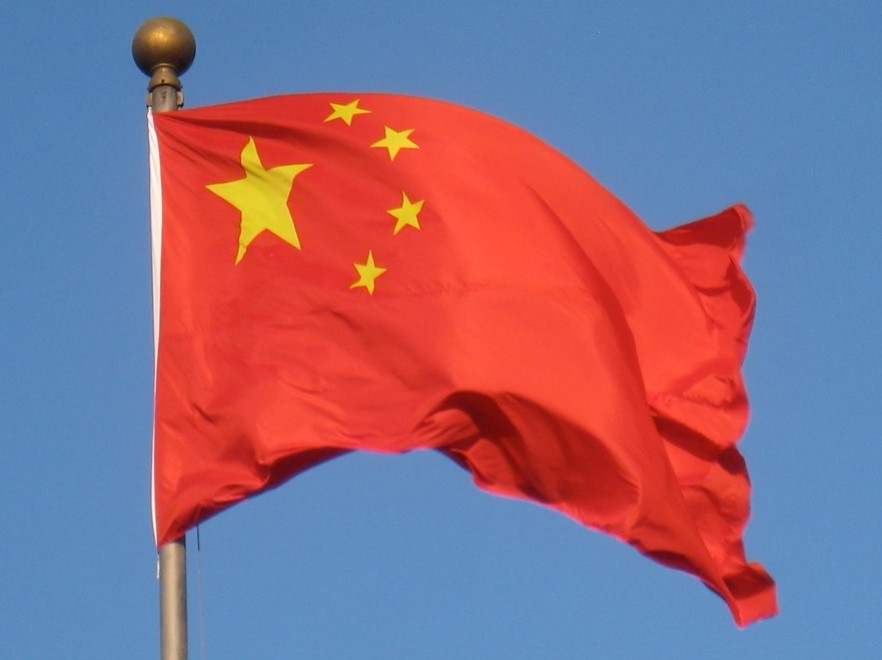The Chinese government will finance 500 MW of renewable energy generation capacity in One Belt, One Road member state Bangladesh, 450 MW of it solar.
The two countries are today due to sign a memorandum of understanding for a joint venture company to develop solar capacity in Bangladesh’s northern districts of Pabna, Sirajganj and Gaibandha plus wind power generation near the port of Payra, in the south.
Bangladesh’s North-West Power Generation Company Limited and China’s National Machinery Import and Export Corporation will establish Bangladesh-China Power Company (Pvt.) Limited Renewables to develop the projects, with Bangladesh said to be providing land and China an estimated $500 million investment.
A leap forward for renewables
North-West Power chief executive AM Khurshedul Alam told pv-magazine a feasibility study for plants in Pabna and Payra has been started, with the former set to host a 60 MW solar facility on 205 acres of khas – government-owned, non cultivated – land.
The engineer said he was hopeful the new renewables capacity would be online within three years.
The projects would almost double Bangladesh’s current clean energy capacity, which stands at 601 MW. Almost 368 MW of that figure comes from solar, of which 71.86 MW is grid connected.
Although the 20 MW solar facility in the Teknaf sub-district which came online in September is the largest solar project in the country to date, the Bangladesh government has approved plans for 1 GW of renewables capacity with projects up to 200 MW in scale.
The south Asian nation aims to produce 10 per cent of its electricity from renewables by next year.
This content is protected by copyright and may not be reused. If you want to cooperate with us and would like to reuse some of our content, please contact: editors@pv-magazine.com.



1 comment
By submitting this form you agree to pv magazine using your data for the purposes of publishing your comment.
Your personal data will only be disclosed or otherwise transmitted to third parties for the purposes of spam filtering or if this is necessary for technical maintenance of the website. Any other transfer to third parties will not take place unless this is justified on the basis of applicable data protection regulations or if pv magazine is legally obliged to do so.
You may revoke this consent at any time with effect for the future, in which case your personal data will be deleted immediately. Otherwise, your data will be deleted if pv magazine has processed your request or the purpose of data storage is fulfilled.
Further information on data privacy can be found in our Data Protection Policy.